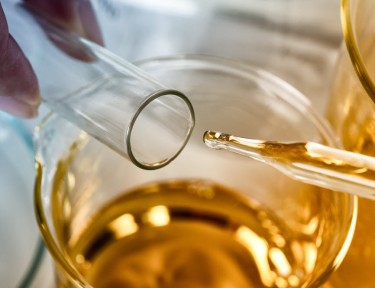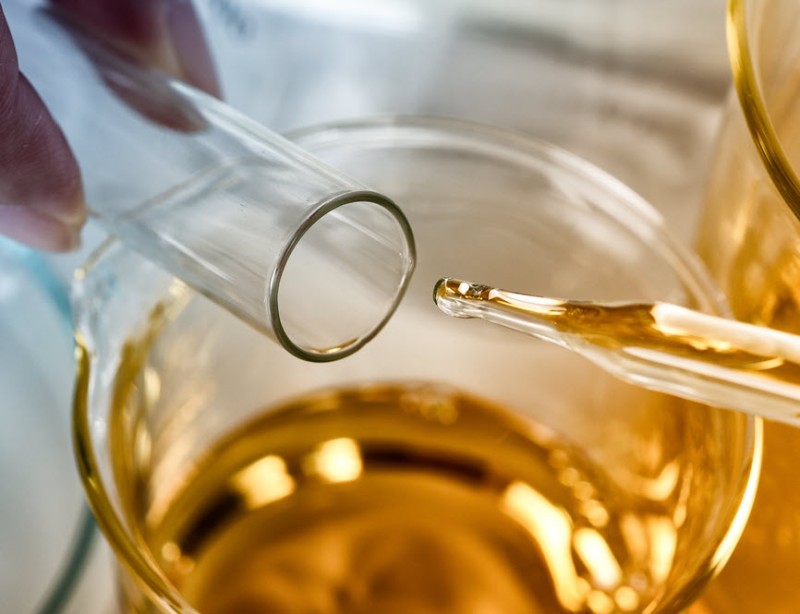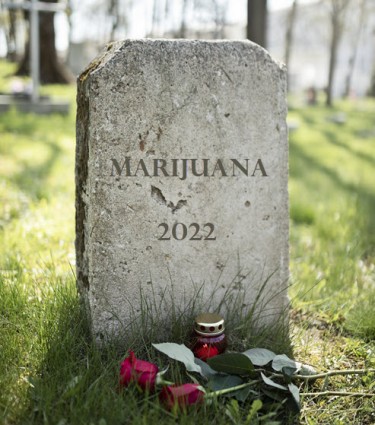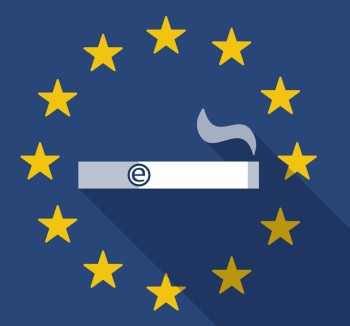
Should States Ban Synthetic Cannabis?
Starting July 1, 2022, Oregon became the first state to ever ban synthetic cannabinoids from retailers and grocery stores.
According to regulators, sales of synthetic cannabinoids have been banned due to rising concerns regarding the dangerous chemicals used in these harmful products. To make these products, manufacturers isolate them or make them synthetically through a lab. While they don’t contain THC, most synthetic cannabinoid products are wildly unregulated.
Synthetically made cannabinoids have made headlines due to the numerous dangerous, if not nearly fatal, intoxications that they cause. Delta-8 THC, in particular, has been on the radar of the Centers for Disease Control due to over 100 hospitalizations in half a year. But Delta-8 THC, as well as other cannabinoids that are made synthetically such as CBN and CBD, already exist naturally in the cannabis plant though in such tiny amounts that a laboratory process is needed to make more of it.
According to Christopher Hudalla, ProVerde Labs’ chief scientific officer, there are a lot of serious health and safety risks associated with making synthetic cannabinoids. “It’s very easy to do in your garage,” he told Analytical Cannabis last year. “CBD is almost free. There’s so much oversupply of CBD that it’s very, very inexpensive. It used to be something like 12 cents a milligram. Now I can buy it for probably 0.1 cents a milligram,” he said. “And you can take that and, in your garage, convert it to delta-8. So there’s very good margins in it.”
“There’s no regulatory control,” Hudalla adds. “And so we know children are consuming these products without any indication about how safe they are. That’s hugely irresponsible in my opinion.”
How Did We Get Here?
It was sometime back in the mid-2000s that synthetic cannabis products started to appear in gasoline station shops and convenience stores. They were also known as Spice and K2, made from substances that weren’t specifically banned by federal or state laws. However, once we reached the end of the decade, many states have already banned their sale.
In 2012, President Obama enacted the Synthetic Drug Abuse Prevention Act. This was helpful in making numerous synthetic cannabinoids highly restricted under the Schedule 1 classification – unfortunately, the same classification that real marijuana is on at the moment.
Oregon is the very first state to ban the sale of laboratory-grown marijuana, but at least 43 other states have already placed restrictions of some sort on synthetic cannabinoids. However, I believe that all states should follow suit with Oregon because this highly unregulated product is a serious risk to society. Even though the FDA doesn’t regulate the medical marijuana industry, a strict (and expensive!) licensing process is required for individuals or businesses to establish dispensaries. In addition, there is a huge difference from synthetic cannabinoids and the legal marijuana industry because states set their own regulations about cannabis, and educated consumers know to look for established brands. A certificate of analysis is also provided by some brands for consumers who want peace of mind about what truly goes into every product they put into their body.
Marijuana is cultivated primarily for its therapeutic purposes, similar to its CBD-rich cousin – hemp – which is cultivated for other uses too such as its use in textiles and even concrete substitutes. On the other hand, synthetic cannabinoids, it seems, only merely seeks to mimic the impact of marijuana. That’s why it’s so appealing to those who don’t know better – such as teenagers, who also don’t have the budget to buy from dispensaries. And because of this, there is such a big risk allowing synthetic cannabinoid manufacturers operate in the market.
There needs to be some kind of regulatory framework at the very least so that we can prevent its harms. Back in the day, Spice and K2 were sold as marijuana though one sniff or touch of the stuff and you can already tell that it isn’t the real deal. But these days, synthetic cannabis is already being infused into gummies, after which there’s no way to tell the difference.
Delta-8 THC products are flourishing in the market nowadays, too, but one has to tread with caution, no matter how much of a seasoned cannabis consumer you think you are. According to the FDA, there were 104 cases of adverse reports among people who consumed delta-8 THC from December 2020 through February 2022. Fifty-five percent of them needed medical intervention, such as through hospitalization or emergency medical services while 66% reported adverse effects after consuming delta-8 THC edibles. The adverse effects included vomiting, anxiety, tremors, loss of consciousness, and hallucinations to name a few.
It also puts the real thing in a bad light.
In 2019, the American Association of Poison Control Centers stated that CBD was considered an “emerging hazard” because of cases involving contamination and mislabeling, according to a CNBC report.
At the end of the day, it’s up to states to make use of the necessary prosecution methods and administration actions to ban these substances and sales entirely. While regulating them could help in a way, but all the bad news of the dangers simply outweigh the benefits, and simply put, when the real marijuana is out there, why do people need to succumb to the fake stuff anyway?
Sure, it’s much cheaper to make synthetic cannabis – but is your health worth the risk? Going into a coma, being hospitalized, and feeling like you’re going to die? These are things that cannabis will never do to you.
So it’s up to the states to ban them. And it’s high time all states should follow in the footsteps of Oregon.







